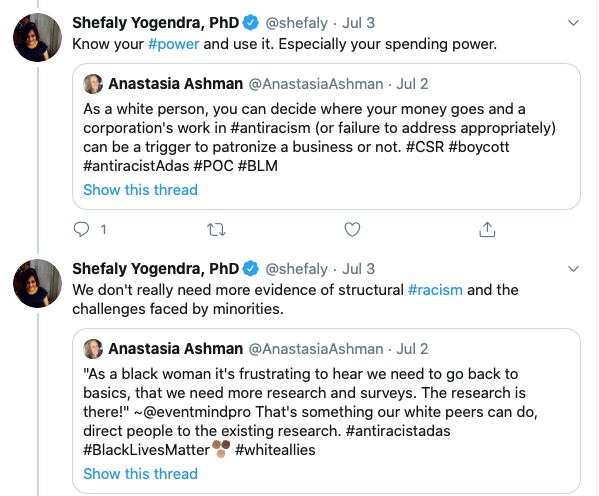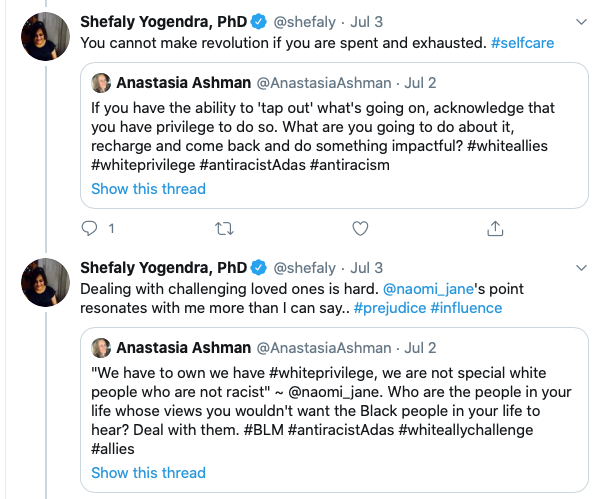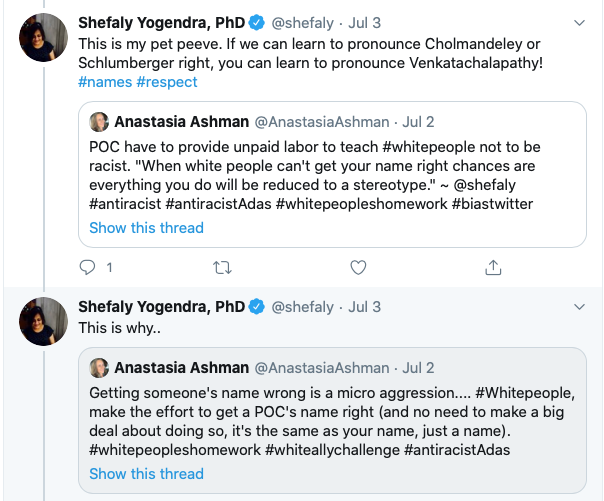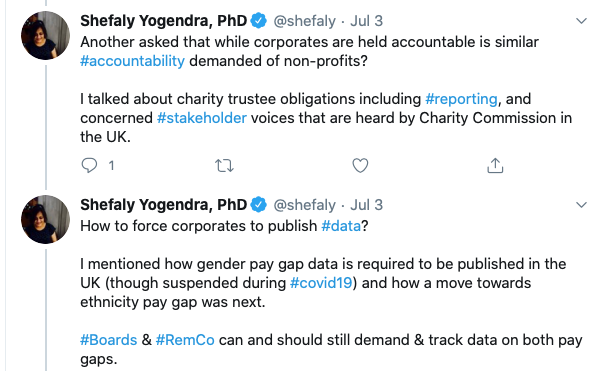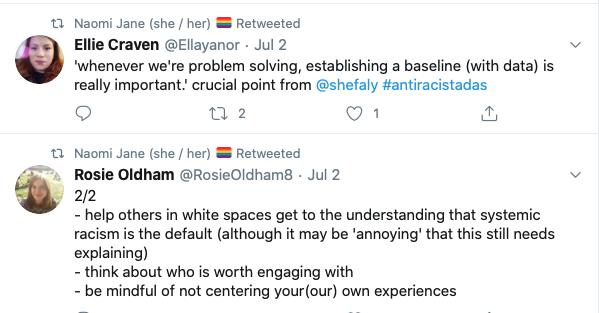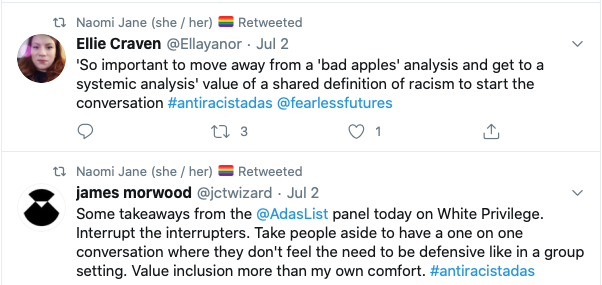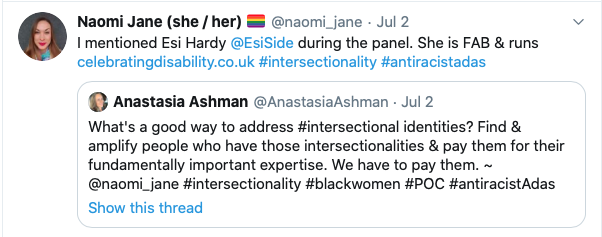Have you heard of venture studios?
They're like movie studios, but instead of producing and releasing movies they create startups ready to scale. A venture studio focuses on just a few ventures and puts more funding into them than you'd see with an accelerator which places many small bets. They also recruit top executives once the existential question of "is this solution commercially viable?" can be answered with "yes".
One venture studio may be a way to solve a longtime problem in Silicon Valley: only 1% of VC goes to black- or brown-founded startups.
The sweet spot of Revitalize Venture Studio, from longtime SaaS entrepreneur Clarence Wooten, is knowing how to get a high-potential startup founded by diverse black and brown founders to product-market fit.
Often these are the very founders that lack access to early seed capital (up to $750K, far beyond most Family & Friends raises) needed to extend the life of their startup to get to product-market fit, which is a necessary stage to attract VC funding for Series A.
I just had the pleasure of meeting Clarence and learning more about his venture studio and want you to take a look at this pragmatic opportunity to support more POC in the Silicon Valley universe.




